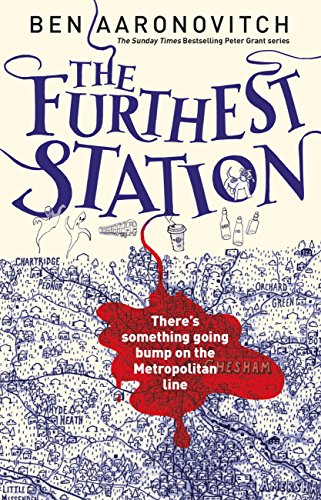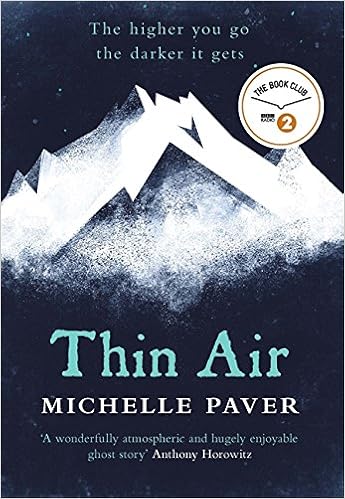What little there had been to frighten or pain him was left behind in the forgotten days of childhood: as a man he saw no reason to be afraid. Now some great hand had peeled back the kind surface of that fairy-tale world and shown him the chasm beneath his feetYoung William Bellman, aged ten, aims his slingshot at a distant rook and -- improbably -- kills it. He's full of regret: he didn't mean to ... but then a fever strikes, and he begins the process of forgetting.
This is Victorian England, and death is a fact of life. A stranger in black appears, first at Will's mother's funeral, and then at every other funeral Will attends. Nobody seems to know who the stranger might be. But one night Will, drunk and grieving after the death of someone close to him, encounters the black-clad stranger in a graveyard and makes a deal. True, he can't quite recall the details the next morning: but there was a deal, surely there was?
Will -- already a successful businessman, due to a series of convenient though much-mourned deaths that have catapulted him to ownership of the textile mill -- exerts all his commercial acumen, and ferocious self-discipline, to fulfil his part of the deal. The result is Bellman & Black: an emporium of funerary wares.
But there's this deal, or this opportunity ...
I didn't engage with this novel as much as I'd expected. Will is not an especially interesting character; the mysterious Black (whose nature's never explicitly stated) is a shadowy background figure until the denouement; the 'rook' vignettes between the chapters were fascinating and lyrical, but insufficient. There's a very Gothic feel to this novel, and some almost hallucinatory passages, but I found it strangely mundane despite its subject matter.
Also, despite marketing / categorisation, it is not a ghost story, and only very marginally 'horror'.



